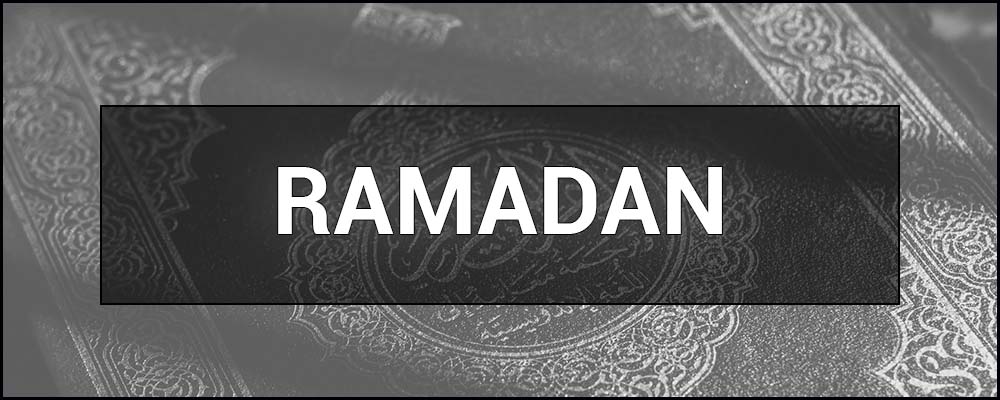The sacred month of Ramadan holds the ninth position in the Islamic lunar calendar and bears immense religious importance for the global Muslim community. Distinguished by abstention, devout invocations, and benevolent deeds, this holy period offers a platform for spiritual enhancement, self-restraint, and fortifying one’s bond with the Almighty (Allah). As a fundamental constituent of Islam’s quintessential pillars, Ramadan encapsulates more than mere daylight abstinence; it fosters compassion, thankfulness, and a spirit of togetherness. This devout span culminates in the joyous observance of Eid al-Fitr, signaling the cessation of the fast and an occasion for Muslims to exhibit gratitude and unity.
What is RAMADAN – definition and meaning in simple words.
In simple terms, Ramadan is a special time of year for Muslims. It is a month when they do not eat or drink from sunrise to sunset. This is called fasting. Ramadan helps people feel closer to God and be kinder to others. During this month, Muslims also pray more and give to those in need. After Ramadan is over, the big holiday of Eid al-Fitr comes, where everyone enjoys delicious food and has fun with family and friends.
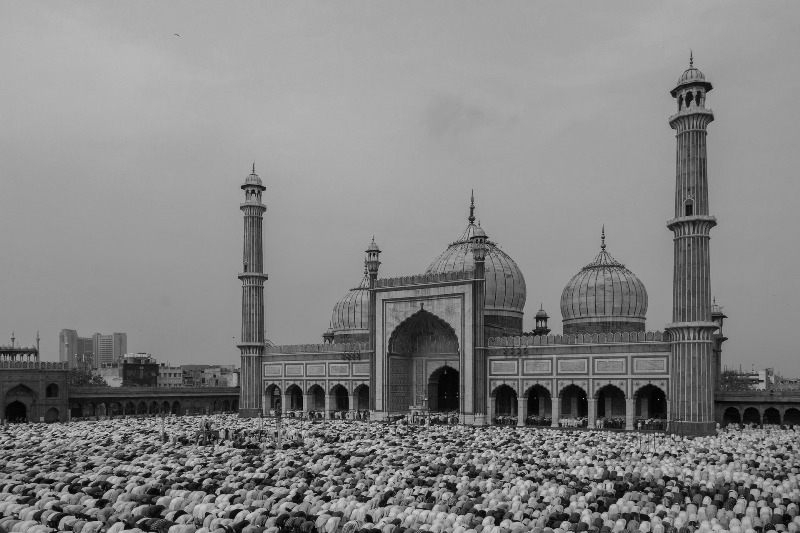
The spiritual significance of Ramadan for Muslims.
Ramadan has a deep spiritual significance for Muslims, as it is a time dedicated to strengthening their relationship with God (Allah) and growing in faith. During this holy month, Muslims focus on three main areas:
- Spiritual growth: By engaging in intense prayers and Quranic reading, Muslims strengthen their spirituality and deepen their understanding of their faith.
- Self-discipline: Fasting from dawn to dusk encourages Muslims to practice self-control and resist temptation, helping them develop discipline and resilience in all aspects of their lives.
- Connection with God (Allah): Through fasting and prayer, Muslims seek to strengthen their connection with God, reaffirming their commitment to His guidance and teachings.
Fasting during Ramadan.
Fasting during Ramadan has a twofold purpose. Firstly, it allows Muslims to empathize with those who are less fortunate and who experience hunger on a daily basis. This compassion leads to an increased sense of gratitude for the blessings received. Secondly, fasting acts as a form of self-control, allowing Muslims to exercise restraint and master their physical desires, which ultimately helps to strengthen their spiritual connection with God. Now we will look at the basic rules and concepts of fasting during Ramadan.
The concept of fasting in Islam.
Fasting is considered one of the five pillars of Islam, which is the basis of Muslim faith and practice. Fasting during Ramadan is a way for Muslims to purify their souls, practice self-restraint, and demonstrate their devotion to Allah.
Basic rules of fasting in Ramadan.
Muslims who fast during Ramadan must abstain from eating, drinking, smoking, and sexual intercourse from sunrise (suhoor) to sunset (iftar). They should also avoid negative behaviors such as lying, gossiping, and arguing.
Pre-dawn meal (suhoor) and sunset meal (iftar).
Muslims who fast during Ramadan usually wake up early for a pre-dawn meal (suhoor) to sustain themselves throughout the day. At sunset, Muslims break their fast (iftar), eat dates and drink water, and then have dinner with family and friends.
Exceptions to the fast.
Muslims who are unable to fast during Ramadan due to illness, pregnancy, or other reasons are exempt from fasting. However, they must make up for the missed fast later or donate to the poor. In addition, Muslims who are traveling or menstruating are exempt from fasting.
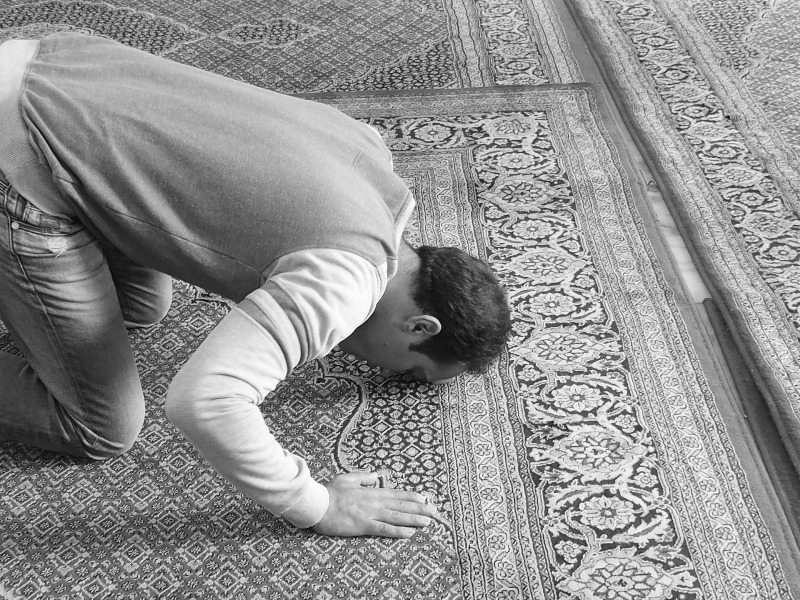
Night of Power (Laylat al-Qadr).
The Night of Power (Laylat al-Qadr) is considered one of the most significant nights of the Islamic calendar. And now we will talk about the importance and significance of this night.
The meaning and date of Laylat al-Qadr.
This auspicious night is believed to be when the initial segments of the Qur’an were divulged to Prophet Muhammad. Regarded as a moment of absolution and divine favor, it is thought that virtuous acts performed during this time yield amplified rewards. While the precise date of Laylat al-Qadr remains undefined, it is generally considered transpiring during Ramadan’s concluding ten evenings. Devotees frequently dedicate these final nights to supplication, aspiring to experience the revered Night of Power.
The importance of prayer and worship during Laylat al-Qadr.
Muslims often spend Laylat al-Qadr in prayer and worship, seeking forgiveness and blessings from Allah. Many Muslims also read the Quran, give to charity, and do good deeds during this night.
How to celebrate Laylat al-Qadr?
There are different ways to celebrate Laylat al-Qadr. Muslims often spend the night in a mosque or at home, performing prayers and reading the Quran. Some Muslims also do charity and volunteer work during this night.
Laylat al-Qadr is an important night in the Islamic calendar, and it is the time when Muslims ask for forgiveness and blessings from Allah. Through prayer and worship, Muslims can strengthen their faith and deepen their connection with Allah.
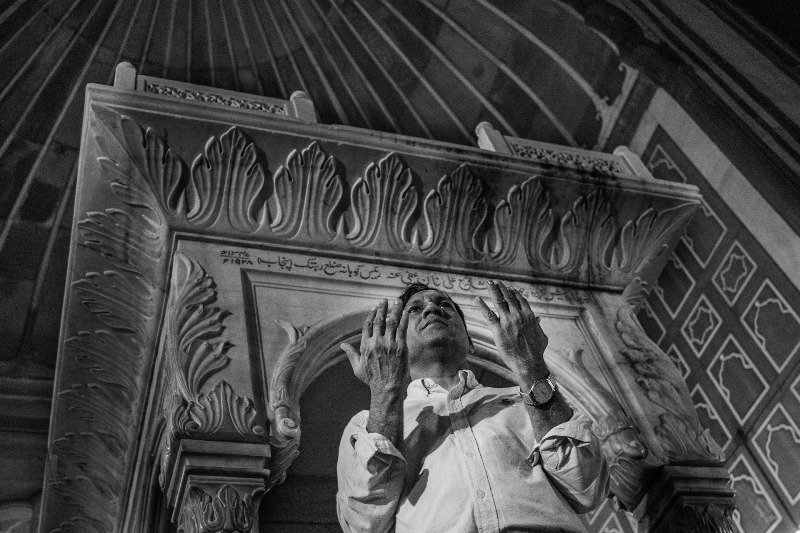
Ramadan and community.
Ramadan is not only a time for personal reflection and spiritual growth, but also a time for building community and strengthening ties with others.
- Fasting together. One of the most important aspects of Ramadan is the communal fasting (iftar) with family and friends. This communal meal is a time of unity and cohesion when Muslims can strengthen their relationships with others and unite around shared beliefs.
- Night prayers (Tarawih). During Ramadan, Muslims gather in mosques for night prayers (Tarawih). These prayers provide an opportunity for Muslims to come together as a community and worship together, strengthening their shared faith.
- Charity events are an integral part of Ramadan, providing an opportunity for Muslims to come together and give back to their community. Muslims often participate in food drives, volunteer work, and other charitable activities during Ramadan.
- Breaking down barriers. Ramadan also provides an opportunity to break down barriers between people of different backgrounds and cultures. Muslims often invite non-Muslims to join their Iftar, providing an opportunity for dialogue and understanding.
Finally, Ramadan is a time for building communities and strengthening ties with others. Through fasting together, nightly prayers, charity, and breaking down barriers, Muslims can strengthen their relationships with others and unite around shared values.
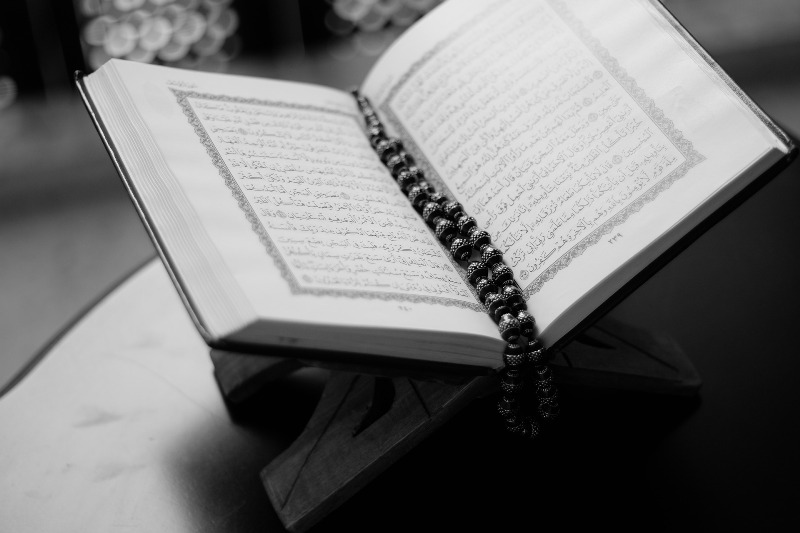
Eid al-Fitr: Traditions of celebration at the end of Ramadan.
Eid al-Fitr is a holiday that marks the end of the holy month of Ramadan. It is a time when Muslims thank Allah for the strength and guidance they have received during the month. It is also a time for forgiveness and reconciliation with others, as Muslims seek to strengthen their relationships with family and friends.
There are several traditions that Muslims follow during Eid al-Fitr. These include:
- Festive prayers: Muslims gather in a mosque for a special prayer called the Eid Prayer. This prayer is usually held outdoors or in a large hall, and it is a time when Muslims come together and celebrate.
- Special food: Muslims usually prepare special foods for Eid al-Fitr, including sweet dishes and desserts. This food is shared with family and friends to celebrate together.
- Gift giving: Muslims often exchange gifts during Eid al-Fitr, especially children. This tradition is a way to express love and appreciation for others and spread joy.
Tips for non-Muslims during Ramadan.
Ramadan is an important time for Muslims around the world, and it is important for non-Muslims to be respectful and considerate of this holy month. We will now discuss some tips for non-Muslims during Ramadan.
- Behave with respect. During Ramadan, Muslims fast from sunrise to sunset and can be more sensitive to their surroundings. If you are not a Muslim, it is important to show respect and be mindful of Muslim customs and traditions.
- Be informed. It may be helpful to learn more about Ramadan and its significance. Understanding the customs and practices of Ramadan will help non-Muslims to be more sensitive to the needs and experiences of their Muslim friends and colleagues.
- Do not eat or drink in public. As a sign of respect, non-Muslims should not eat or drink in public during the day. This also applies to smoking or chewing gum, as this can be perceived as insensitive or disrespectful to those who are fasting.
- Show support. Non-Muslims can show their support for Muslim friends and colleagues during Ramadan by sending greetings or messages of support. This can be a simple way to show respect and appreciation for the importance of this holy month.
- Be flexible. During Ramadan, work schedules can be adjusted to accommodate fasting and prayer times. Non-Muslims can be flexible and accommodating by allowing schedules or meetings to be changed so that everyone can participate in the celebration.
Finally, Ramadan is a time of reflection and devotion for Muslims, and non-Muslims can show respect and support during this holy month by being considerate, informed, and flexible. By respecting Muslim customs and traditions, non-Muslims can demonstrate their understanding of the importance of this holy month.
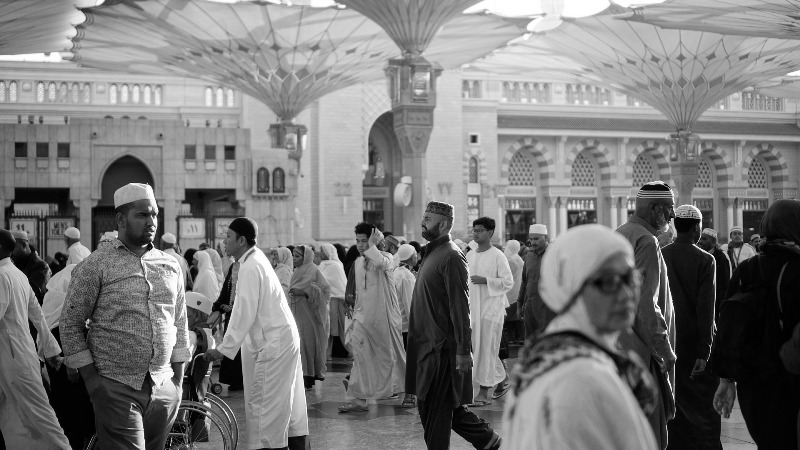
FAQ (Frequently Asked Questions):
Ramadan is the ninth month of the Islamic calendar, during which Muslims fast from sunrise to sunset.
Muslims fast during Ramadan to purify their souls, practice self-restraint, and demonstrate their devotion to Allah.
Muslims must abstain from eating, drinking, and other physical needs from sunrise (suhoor) to sunset (iftar), and avoid negative behaviors such as lying, gossiping, and arguing.
Yes, Muslims who fall ill during Ramadan are allowed to break the fast and make up for it later.
No, kissing is not allowed during the Ramadan fast.
Men and women are not allowed to have sexual relations during Ramadan.
Ramadan usually lasts 29–30 days.
Ramadan ends with the celebration of Eid al-Fitr, which falls at the end of the month-long fast.

